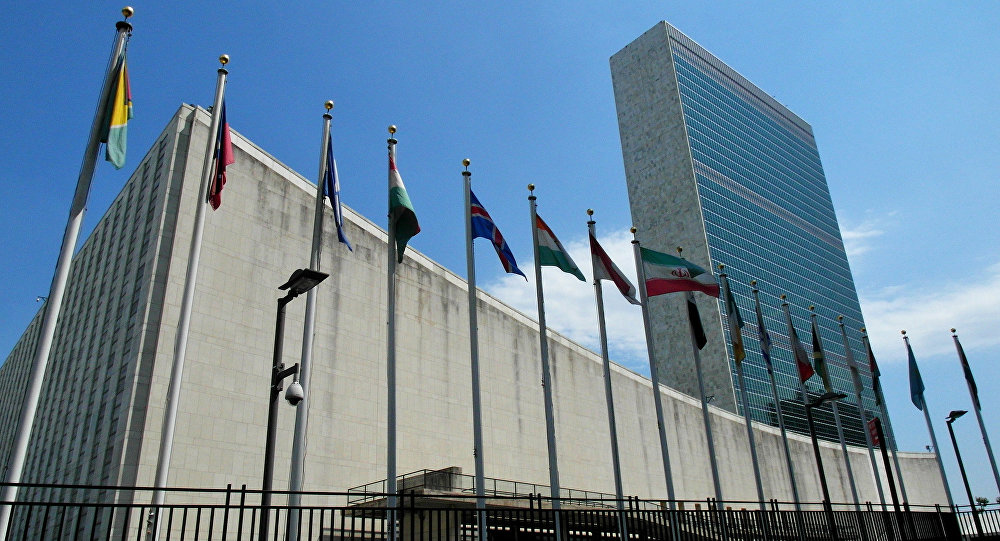UN Secretary-General António Guterres recently voiced deep concern over Russia’s intensified drone and missile attacks in Ukraine, marking the largest assault in over three years of conflict. The strikes have not only escalated the violence but have also posed a significant threat to nuclear safety at the Zaporizhzhia Nuclear Power Plant (ZNPP).
In a strong statement condemning the attacks, Guterres highlighted the growing toll on civilians and emphasized the imperative need for an immediate ceasefire. He stressed that international laws prohibit targeting civilians and critical infrastructure.
“These strikes disrupted the power supply to the Zaporizhzhia Nuclear Power Plant, once again underlining the ongoing risks to nuclear safety,”
stated UN Spokesperson Stéphane Dujarric.
The recent airstrikes severed the ZNPP’s last external power connection, compelling the plant to rely on emergency diesel generators for over three hours. Rafael Mariano Grossi, Director General of the International Atomic Energy Agency (IAEA), expressed grave concerns about the fragile situation, stating that it is unprecedented for a major nuclear facility to repeatedly lose all external power connections.
Situated in southern Ukraine, Zaporizhzhia is Europe’s largest nuclear power plant with six reactors that require electricity even during shutdowns to cool reactor cores and spent fuel pools. The blackout triggered activation of 18 diesel generators to sustain critical cooling functions until power was restored.
Despite having contingency plans and sufficient diesel reserves for at least ten days, IAEA reported that ZNPP’s vulnerability has significantly increased since the conflict began. Previously accessible through ten external power lines, it now heavily depends on just one line for operations.
Experts warn of heightened risks as continuous attacks not only endanger civilians but also threaten catastrophic consequences due to potential radioactive leaks from compromised nuclear facilities. The need for safeguarding these critical infrastructures amid escalating hostilities remains paramount.
As tensions persist and civilian lives hang in balance, global organizations like IAEA play a crucial role in monitoring and assessing nuclear safety measures at risk-prone sites like Zaporizhzhia. The delicate balance between maintaining operational integrity and averting potential disasters underscores the pressing need for sustainable peace initiatives amidst ongoing conflicts around vulnerable nuclear installations worldwide.

